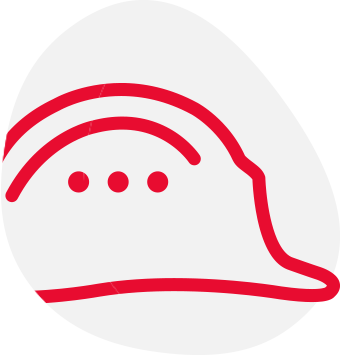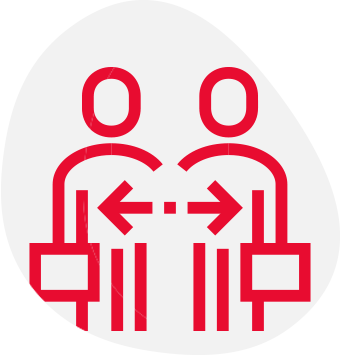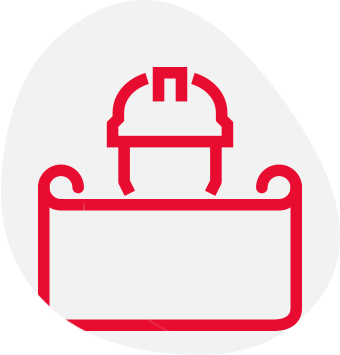 Incident reporting
Incident reporting Emergency plans and procedures
Emergency plans and procedures First aid
First aid Personal Protective equipment (PPE)
Personal Protective equipment (PPE) Labour hire
Labour hire Safe design
Safe design
Everyone working in the construction industry has WHS duties.
As a person conducting a business or undertaking (PCBUs), you must manage the health and safety risks at work. In construction work, a PCBU is the primary duty holder for WHS and must manage risks to keep people safe. This can be done by following the risk management process.
As a PCBU, you must, so far as is reasonably practicable:
- Ensure the health and safety of workers and others at your workplace. This includes the health and safety of labour hire workers. (As a PCBU, you cannot contract out of or transfer your WHS obligations to another party)
- Consult with workers who carry out work for the business or undertaking and who are (or are likely to be) directly affected by a health and safety matter; and
- Consult, cooperate and coordinate activities with all other relevant duty holders.
You also have the following general duties. You must:
- Prepare and maintain an emergency plan for your workplace.
- Ensure workers have access to first aid equipment and trained first aid officers whenever they are at work.
- Provide suitable personal protective equipment (PPE) to workers and provide information, training and instruction on how to use, store and maintain PPE.
- Register plant if it is a registrable item. For example, tower cranes, mobile cranes, amusement devices and concrete-placing booms.
- Implement traffic management measures when working in areas where there is high traffic.
- Ensure that the work is designed in a way that is most conducive to workers’ health and safety. For more information on good work design, please click here.
- Report all notifiable incidents.
For more information
The Model Code of Practice: Work health and safety consultation, cooperation and coordination provides information about the duty to consult.
Depending on the type of work being done, the model WHS Regulations set out a range of specific duties that may apply. Learn more on the specific duties page.
